“Niger is replete with potential for any young entrepreneur”
Youth entrepreneurship in Niger is a lever for the country’s development and stability. Louis Akakpo, Private Sector Specialist at the World Bank Group in the West Africa region, shares his analysis and describes how his institution supports the actions initiated by the Nigerien government.
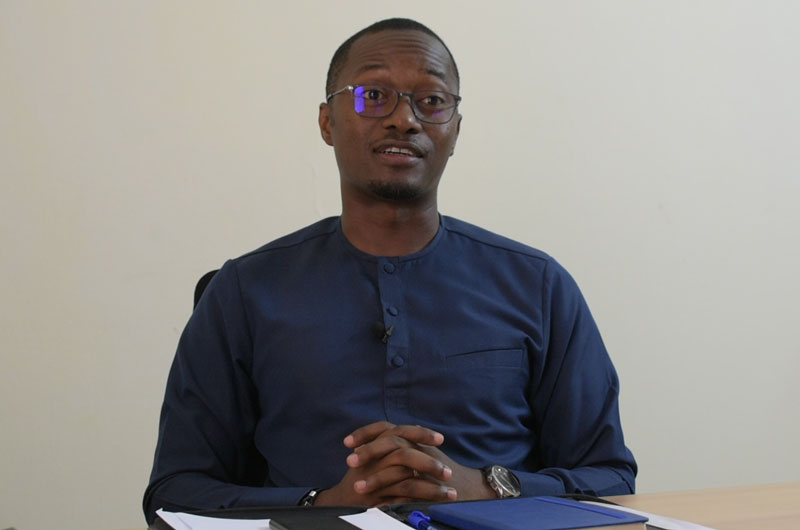
What are Niger’s assets for entrepreneurs?
Beyond its strengths in the services and trade sector, Niger is full of opportunities in the agro-sylvo-pastoral field. Indeed, despite the difficulties in terms of rainfall, the country has vast groundwater resources which provide significant potential for pastoralism and agriculture. This represents opportunities for entrepreneurs in production, processing and even export. In addition, there is also potential in animal resources, the digital sector, the extractive industry, etc. Niger is thus truly replete with potential for any young person or anyone wishing to embark on entrepreneurship.
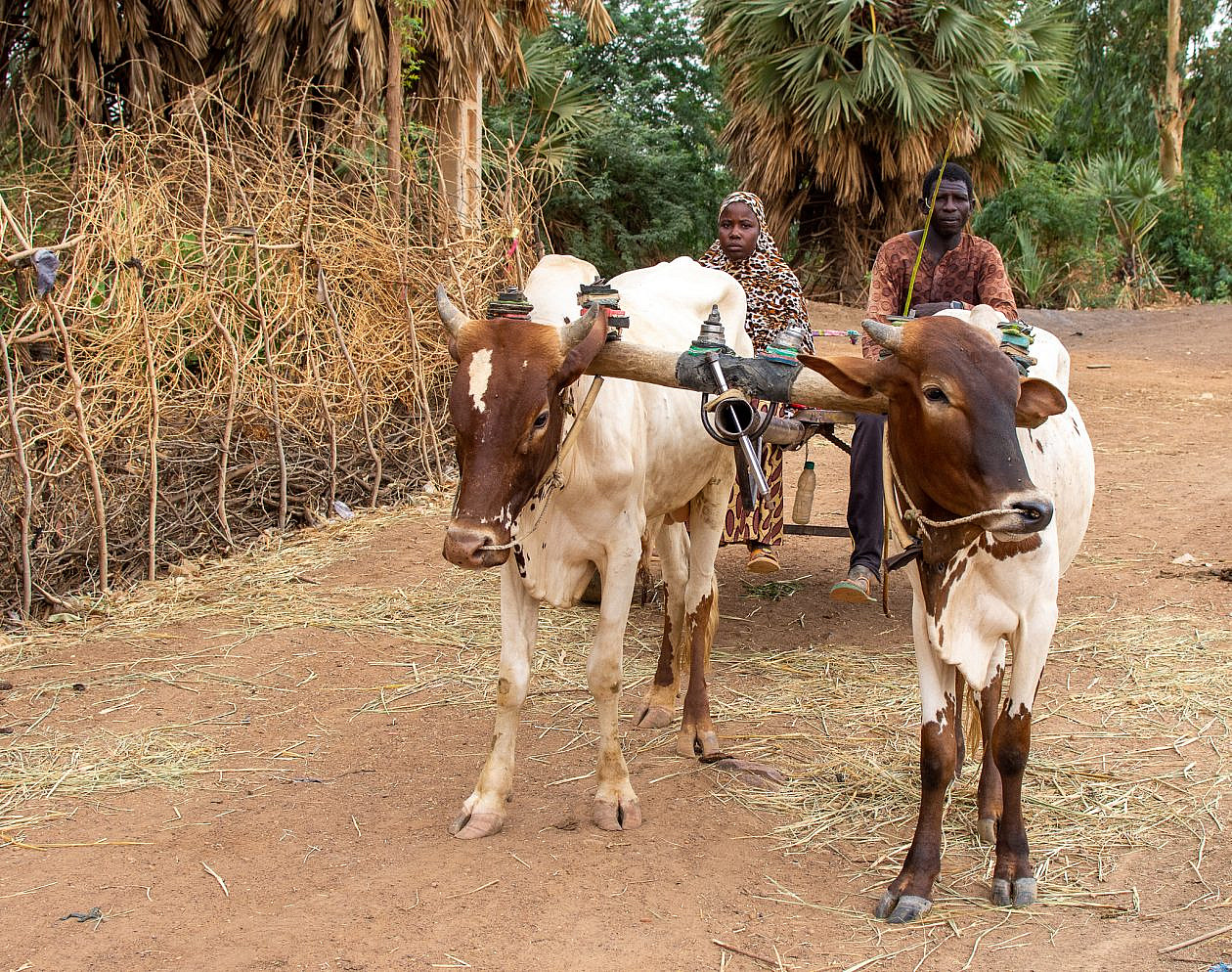
What is the state of the entrepreneurship sector in Niger today?
The entrepreneurship sector in Niger is essentially characterised by low entrepreneurial competences, even if there is a growing willingness to engage in entrepreneurship.
Access to finance is also an issue, due to the low capacity level of entrepreneurs. The skills acquired do not always match the projects undertaken. It is difficult for a fledgling entrepreneur to access funding in a context where it is necessary to demonstrate guarantees of previous existence and access to finance. There is also a difficulty in raising funds in a business climate that is not necessarily conducive to entrepreneurship.
Recent efforts have been made to develop the entrepreneurial ecosystem, to put in place a policy propitious to the development of micro, small and medium-sized enterprises, to develop financing support mechanisms, and to improve policies on the attractiveness of the country and entrepreneurship. But much remains to be done, notably to clarify the legal framework governing micro, small and medium-sized enterprises in Niger. This effort is underway, particularly in terms of defining the charter of micro, small and medium-sized enterprises. The charter will help clarify the contours of these companies’ activities in the country, but also the prospects that the country could offer them in terms of local content development, innovative mechanisms, access to finance, etc.
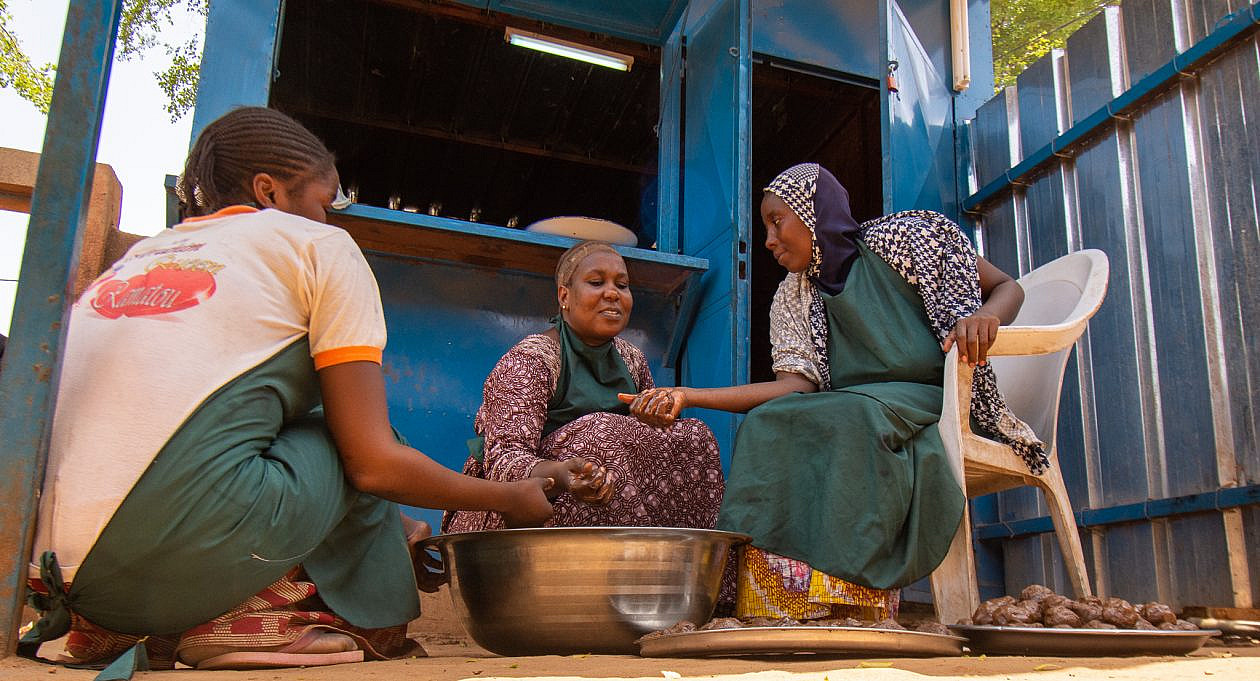
The country has one of the youngest populations in the world. Do you think that entrepreneurship is one of the solutions to offer a better future to these young people?
Absolutely. In a context where it is difficult for young people to get hired in the public service, entrepreneurship is one of the solutions. Especially since the Covid health crisis has given most companies a huge shock and they are embarking on a recovery plan. Entrepreneurship is therefore a lever for Niger’s youth today.
Where do we start to develop entrepreneurship among young people?
Developing the entrepreneurial culture, developing entrepreneurship training, everything starts from there. We need to introduce modules on entrepreneurship into the training curriculum. We also need to develop a certain entrepreneurial culture, as well as a culture of risk and acceptance of failure. You cannot engage in entrepreneurship without being prepared for failure. You must be prepared to take responsibility, to bounce back on our feet. This is a prerequisite that must be built upon to prepare Nigerien youth for entrepreneurship in a number of sectors such as agribusiness, services, light manufacturing, transport and logistics. These sectors offer an almost untapped potential for young people.
In terms of youth entrepreneurship, what are the key actions undertaken by the World Bank along with the government to stimulate, help and support these future entrepreneurs?
One of the challenges is informality. This is one of the major constraints on the private sector in Niger because the tax burden is applied on a minority of formalised businesses. Broadening the tax base leads to an economy of scale. It’s a whole process that we think it’s useful to keep working on. The government is well engaged in this.
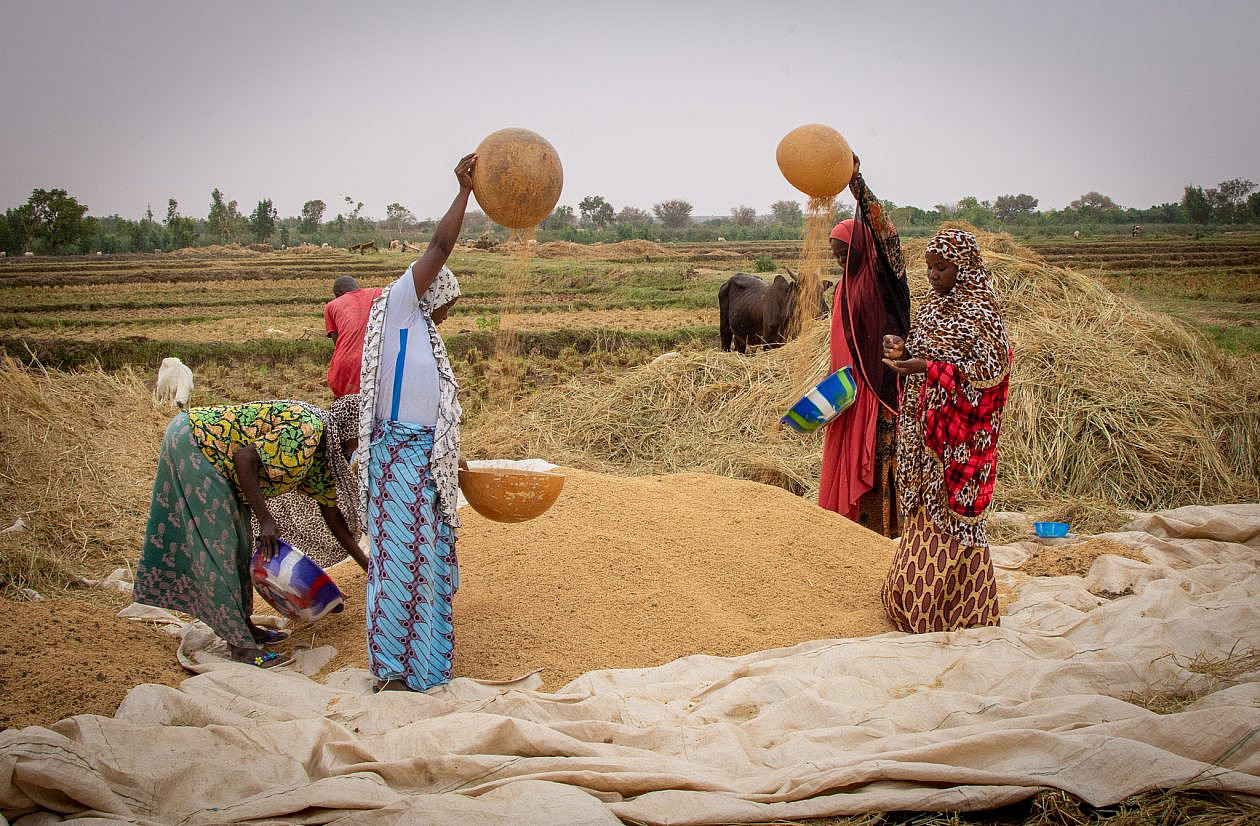
Upstream, the work of the World Bank Group has been to help Niger improve its business climate. This work has been carried out consistently for almost a decade and has already contributed to facilitating the procedures for formalising businesses.
The Maison de l’Entreprise has been operationalised with the support of the World Bank Group, and has positioned itself in certain regions as well. The business formality centre has been made operational with a streamlining of business creation procedures. Furthermore, we have the approved management centres positioned both in Niamey and in some regions to help develop business support services. Some incubators have been provided support. All this helps to create an ecosystem to improve the business climate.
We have also helped to develop a framework for public-private dialogue where the major obstacles to the development of the private sector are the subject of dialogue and the identification of measures and reforms that include the private sector upstream, so that the interests of the private sector are not jeopardised in their implementation. This work has borne fruit.
However, much remains to be done. That is why in most of our operations we focus on business climate facilitation as well as development of public-private dialogue and sectoral dialogues to help companies by sector of activity to identify specific obstacles and appropriate reform measures.
This effort is ongoing and we recognise that the challenges remain high. We continue to work with the government on that aspect.
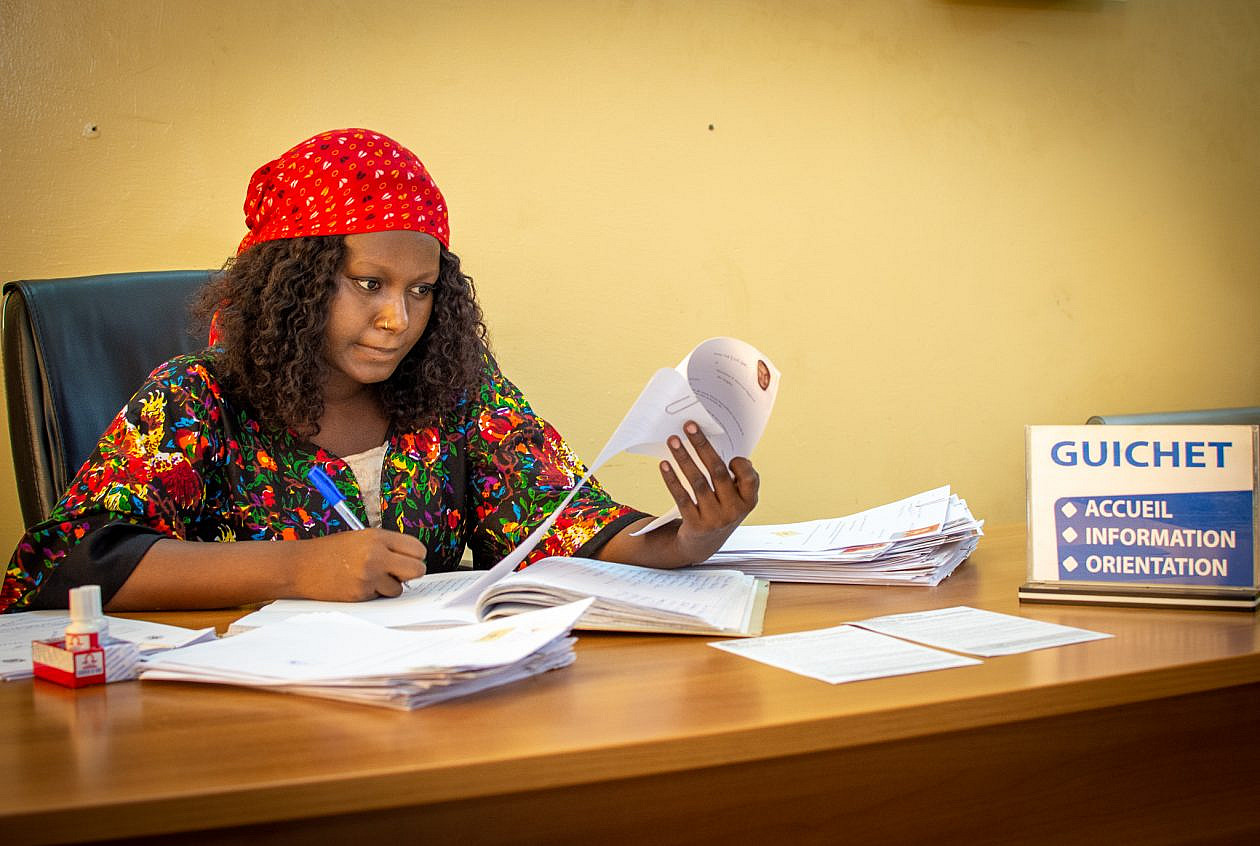
What is the place of the digital economy in Niger?
As in most other countries, the digital sector is a real niche in Niger, especially in the context of a country with a vast territory and low population density. Digital solutions can help to address the problem of developing secondary cities. This requires entrepreneurs, start-ups and large companies to be innovative and to develop solutions adapted to the context and needs.
In line with the reforms we have supported to improve the business climate, the World Bank Group is positioning itself in second-generation reforms that enable the development of government services targeting individuals and businesses. For example, the digitalisation of procedures for creating a business, obtaining building permits, services at the level of commercial jurisdictions and so on to enable the establishment of an appropriate framework for the development of digital economy and entrepreneurship.
Photo credits: Alliance Sahel/2022/Aude Rossignol
Go further

